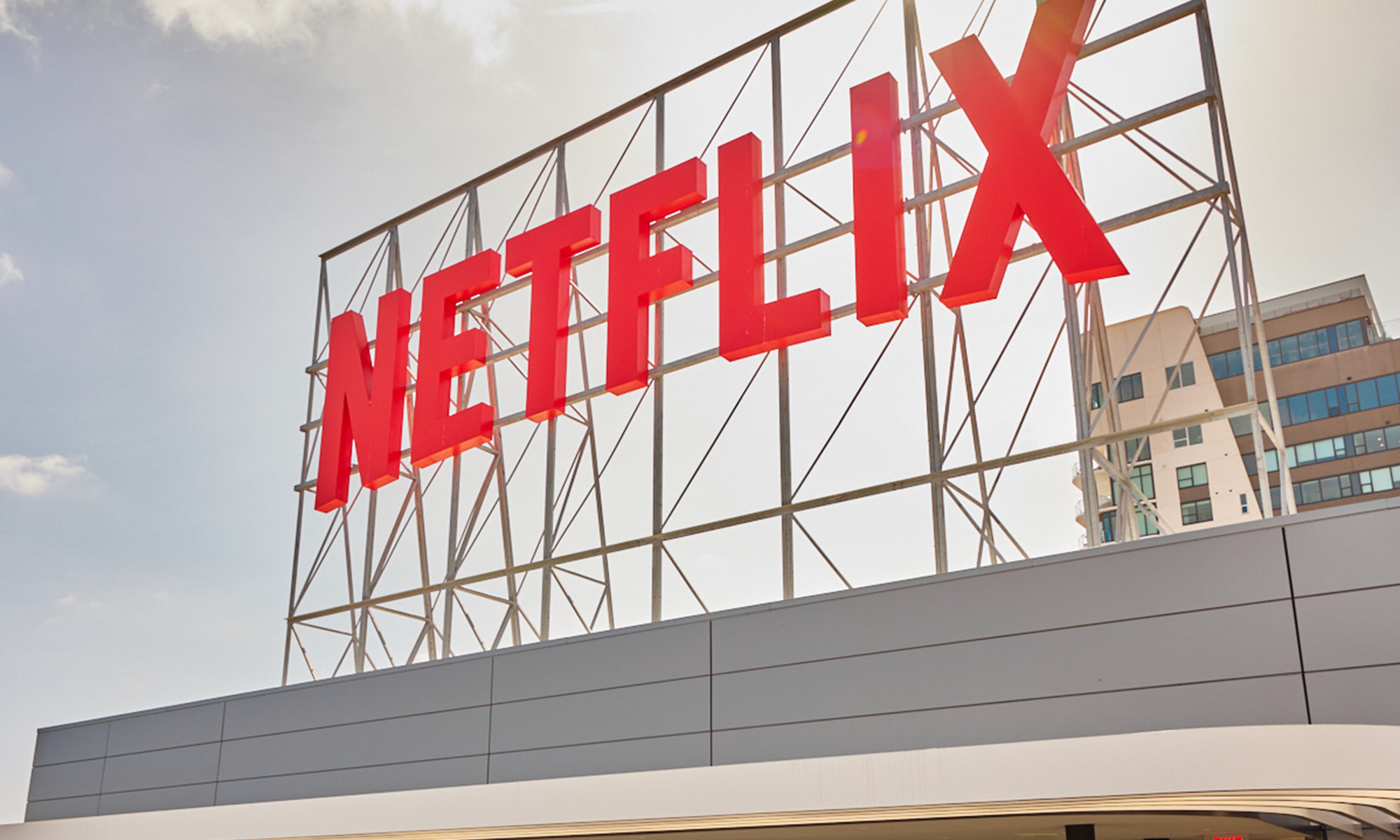Netflix (NFLX +0.23%) is seeing surging demand around the world as so many people are staying home and streaming more video. While Netflix seemed like only a beneficiary of that trend, there's always been one looming risk from today's physical distancing that the company could face in the not-so-distant future. But that risk now appears off the table. Here's the situation.
Production shutdowns
On March 13, news broke that Netflix had shut down its production of original content in the U.S. and Canada for two weeks. Then, on March 22, Netflix Chief Content Officer Ted Sarandos said in a CNN interview: "It's been a massive disruption. Every one of our productions around the world are shut down."
The company paid its production staff for the two weeks following the shut down and set up a $100 million relief fund for unemployed production staff, including cast and crew.

Image source: Netflix.
The looming risk
While Netflix's surging viewership and engagement during the economic shutdowns have been well documented, one looming risk has been the potential for Netflix's new content releases to dry up if production remains shut down for too long. After all, part of Netflix's massive global appeal is the steady stream of new content that hits the service on a continuous basis. That helps attract new subscribers and retain existing ones.
But limited new-content releases for an extended period of time could change subscribers' perceptions of the service. If more start to think Netflix's content is getting stale, and/or they start to question the value proposition of their subscription, since they haven't noticed any compelling new content in a while, Netflix could see elevated levels of subscriber churn or cancellations.
In the CNN interview, Sarandos addressed this risk by saying he didn't see any disruption to the new-content release schedule for "the next few months." Here's his full quote:
We work pretty far ahead. You know, we deliver all of our shows with all episodes at once. So, we're pretty far ahead. So we don't see any disruption in our output over the next few months. You know, maybe later in the year, if this progresses long, you'll start feeling some of that as the physical production is not operating.
If the shutdowns and physical distancing continue beyond "the next few months," this risk could start to play out. Certainly, some genres like animation could probably continue. But this production issue made Netflix not entirely immune to COVID-19-related risks, despite the skyrocketing engagement the company appears to be seeing at the moment.
Risk off the table
On April 14, The Information reported that "a wide array" of film studios were pitching their completed movies to the streamers -- Netflix, Amazon's (AMZN 2.31%) Amazon Prime, and Disney's (DIS +2.71%) Hulu. These are movies that were intended to be released in theaters but will not be right now because theaters are closed. Even when theaters re-open, they may see substantially smaller audiences for a while until an effective vaccine for COVID-19 is widely available. These studios would rather license these movies to the streaming services and get some certain revenue now rather than wait up to a year or longer for more uncertain revenue.
Hulu has received over 50 movie pitches from these studios, while Netflix has received more than 100. And new pitches are being received on a daily basis.
Last week, Amazon announced it would release the movie My Spy from STX Entertainment on Prime Video. The movie had previously been scheduled for release in theaters on April 17. And Netflix bought the U.S. streaming rights for The Lovebirds from ViacomCBS's (NASDAQ: VIAC) Paramount. That movie had been scheduled for release in theaters on April 3.
The huge surge in movies being pitched to Netflix has made the company much more selective. In fact, in one case Netflix cut its offer for a particular movie by 20% relative to what it would normally bid, according to one of The Information's sources.
Considering there is so much content supply for Netflix to choose from that the company is being so selective suggests Netflix is very unlikely to face a dearth of new content for its service. As a result, it now seems like the risk of its new content release pipeline drying up is off the table. Investors should now see nothing but tailwinds for Netflix as a result of COVID-19.








